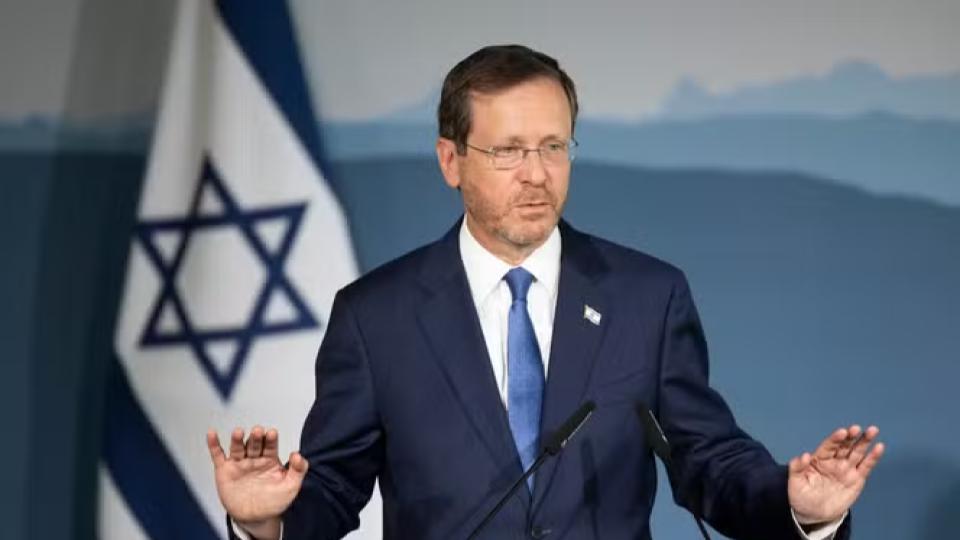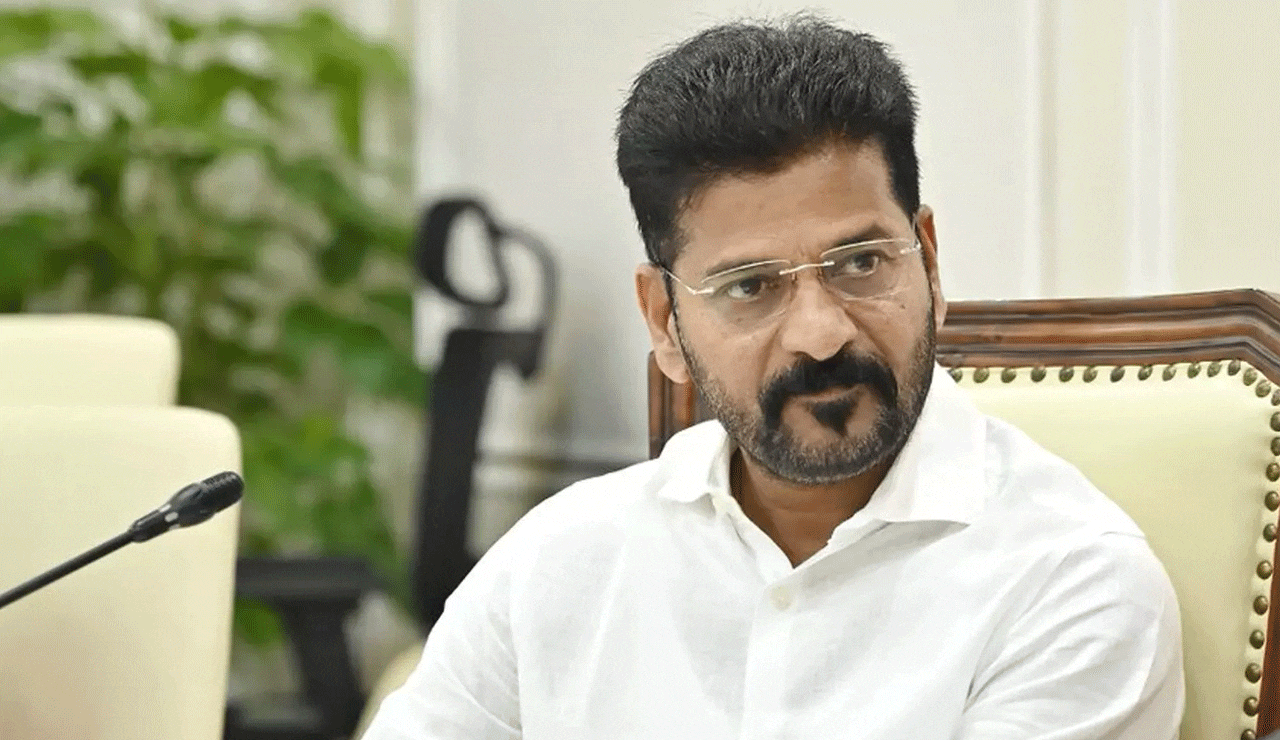Hundreds break past police near Hungary border
Tue 08 Sep 2015, 10:31:23
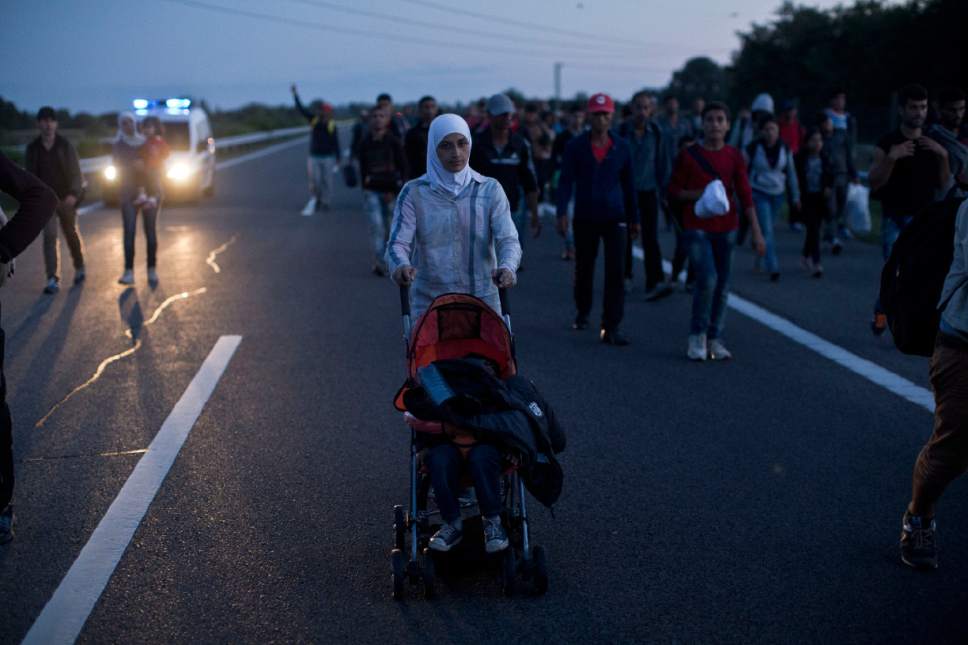
Roszke (Hungaruy): Hundreds of angry and frustrated asylum-seekers broke through police lines near Hungary's southern border with Serbia and began marching north toward Budapest, while Britain and France pledged to take in tens of thousands more refugees to try to ease the crisis.
As European leaders debated how to share responsibility for the more than 340,000 people from the Middle East, Africa and Asia who are already seeking refuge, Germany promised to spend billions of euros in extra aid for those already there and those yet to arrive. France weighed whether increased airstrikes against Islamic State militants would help to stem the flow of those fleeing Syria.
But the Hungarian prime minister scoffed at a proposed quota system for refugees in the 28-member European Union, saying it wouldn't work unless Europe first secured its borders.
Hungary's inability to control the flow of people across its southern border with Serbia was on graphic display yesterday. Crowds who had grown tired of waiting for buses at Hungary's first migrant holding center near the border village of Roszke tore down flimsy police tape, advanced down a country road and walked around rows of police trying to block them.
Officers offered no resistance as about half of the 500-strong crowd reached the M5 highway that connects Serbia and Hungary. They headed north along the shoulder, raising their arms and chanting "Germany! Germany!"
Police merely walked beside them as a lone helicopter monitored
the marchers' progress north as darkness fell. The highway was blocked for nearly 50 kilometers as a precaution.
the marchers' progress north as darkness fell. The highway was blocked for nearly 50 kilometers as a precaution.
The move mirrored Friday's surge of people from Budapest toward Austria in a traffic-snarling tactic that forced Hungary to concede defeat and bus thousands to the Austrian border.
Germany's rail company yesterday said it had carried 22,000 asylum- seekers over the weekend on more than 100 trains, a number boosted by the fact that Hungary again has dropped visa checks on foreigners buying train tickets for the wealthier countries to the west, particularly Germany.
Following an overnight Cabinet meeting, Germany said it would set aside 6 billion euros (USD 6.6 billion) to boost aid for asylum-seekers and hire 3,000 more federal police. It also planned to make it easier to build refugee housing and for non-German speakers to hold jobs.
German Chancellor Angela Merkel reflected on what she called "a moving, in some parts breathtaking weekend behind us," when Austria and Germany threw open their borders for thousands of asylum-seekers trying to get out of Hungary. She said all EU countries could help accommodate the families fleeing war and poverty.
Britain and France, seen as less generous than Germany so far, overcame reluctance and stepped up their commitments yesterday. British Prime Minister David Cameron said his country would resettle up to 20,000 Syrians from camps in Turkey, Jordan and Syria over the next five years.
No Comments For This Post, Be first to write a Comment.
Most viewed from Specials
Most viewed from World
AIMIM News
Latest Urdu News
Most Viewed
May 26, 2020
Do you think Canada-India relations will improve under New PM Mark Carney?
Latest Videos View All
Like Us
Home
About Us
Advertise With Us
All Polls
Epaper Archives
Privacy Policy
Contact Us
Download Etemaad App
© 2025 Etemaad Daily News, All Rights Reserved.

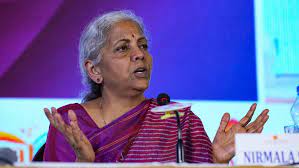
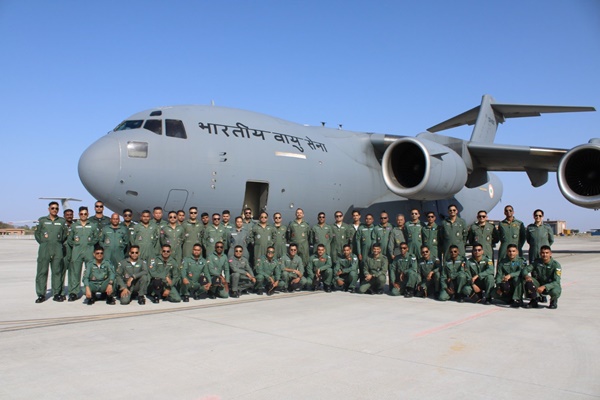










.jpg)
.jpg)
.jpg)
.jpg)
.jpg)
.jpg)
.jpg)
.jpg)
.jpg)
